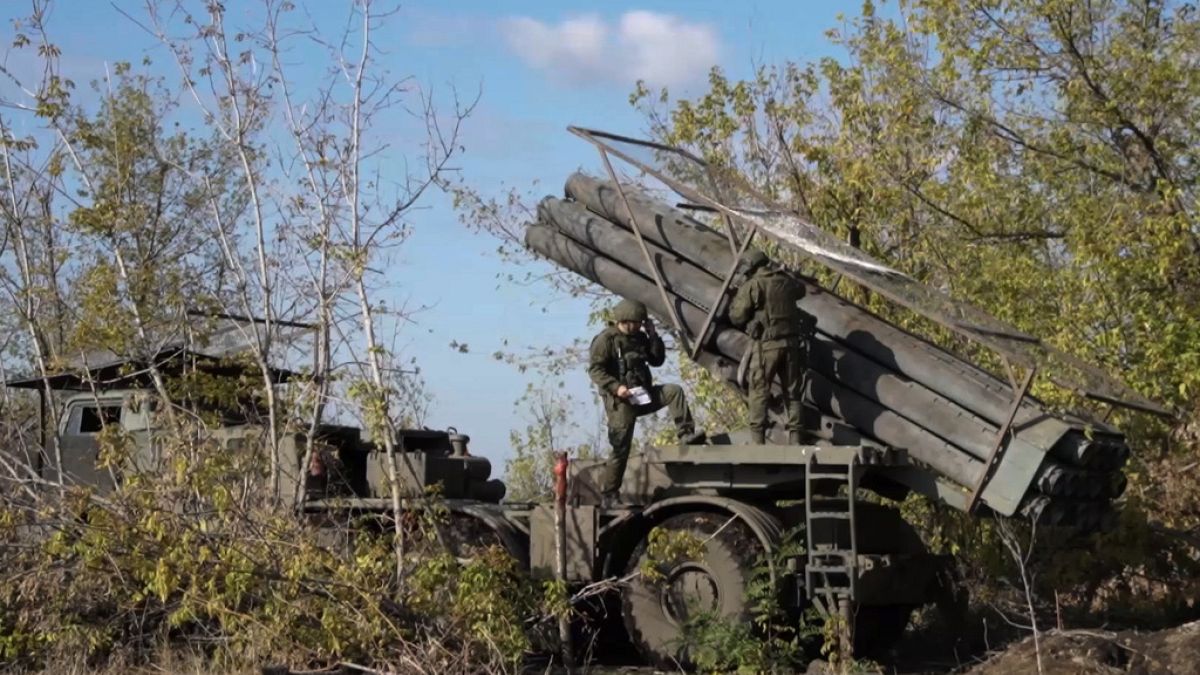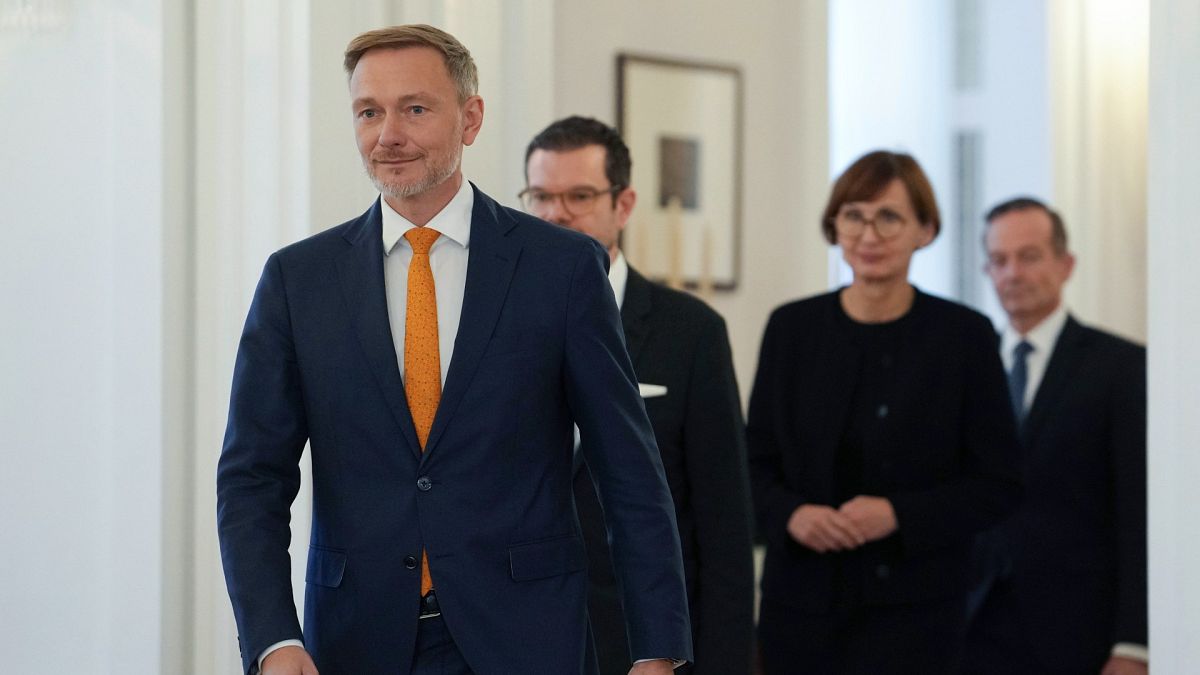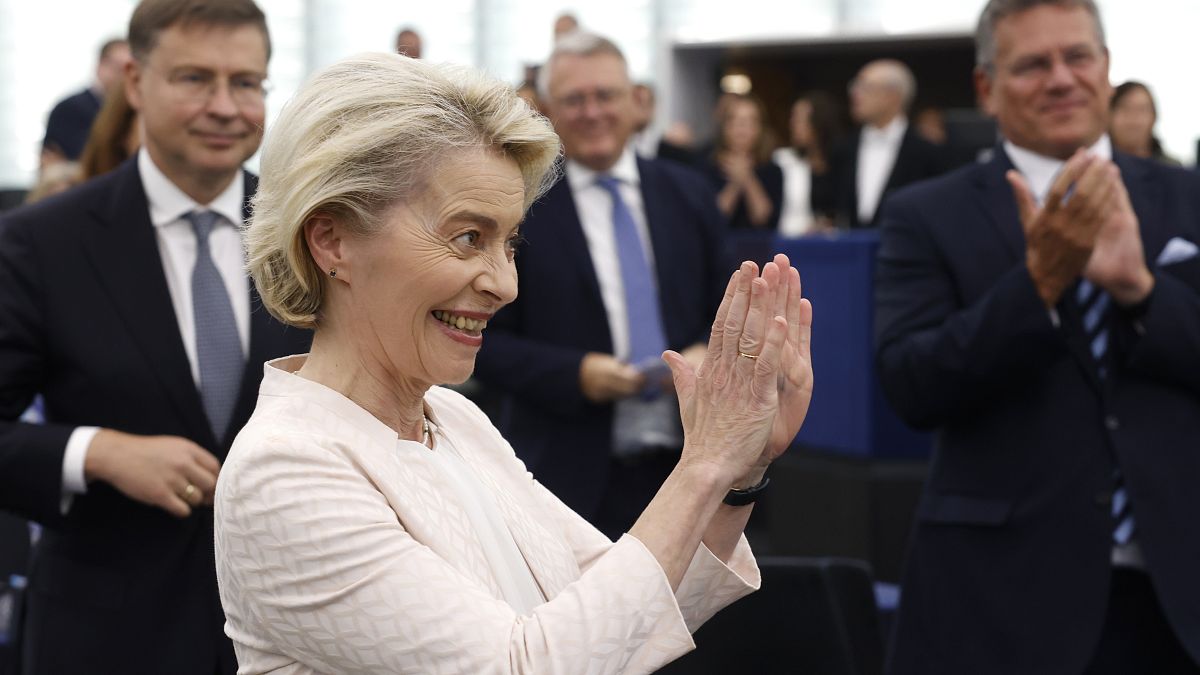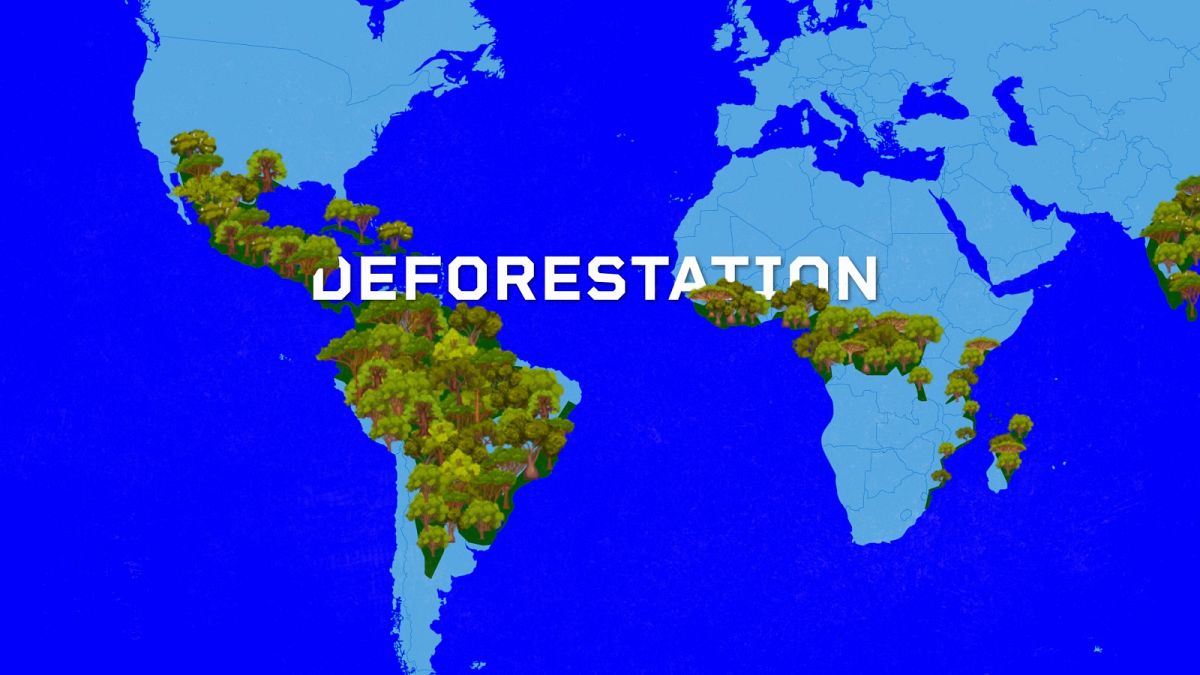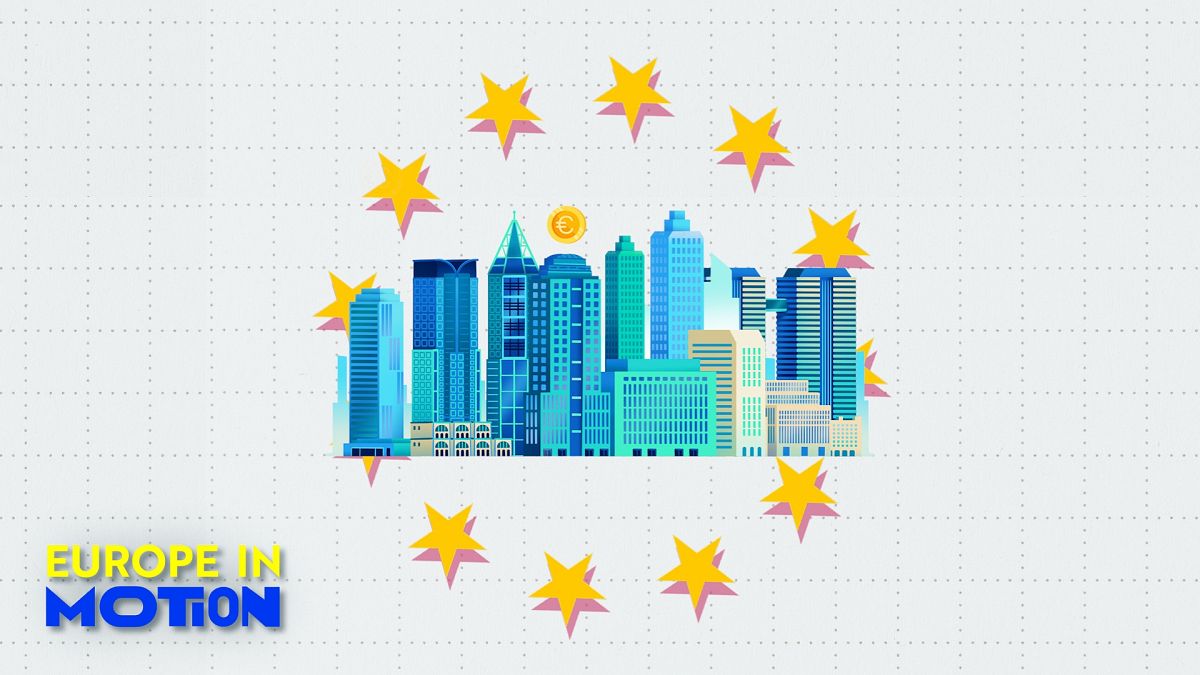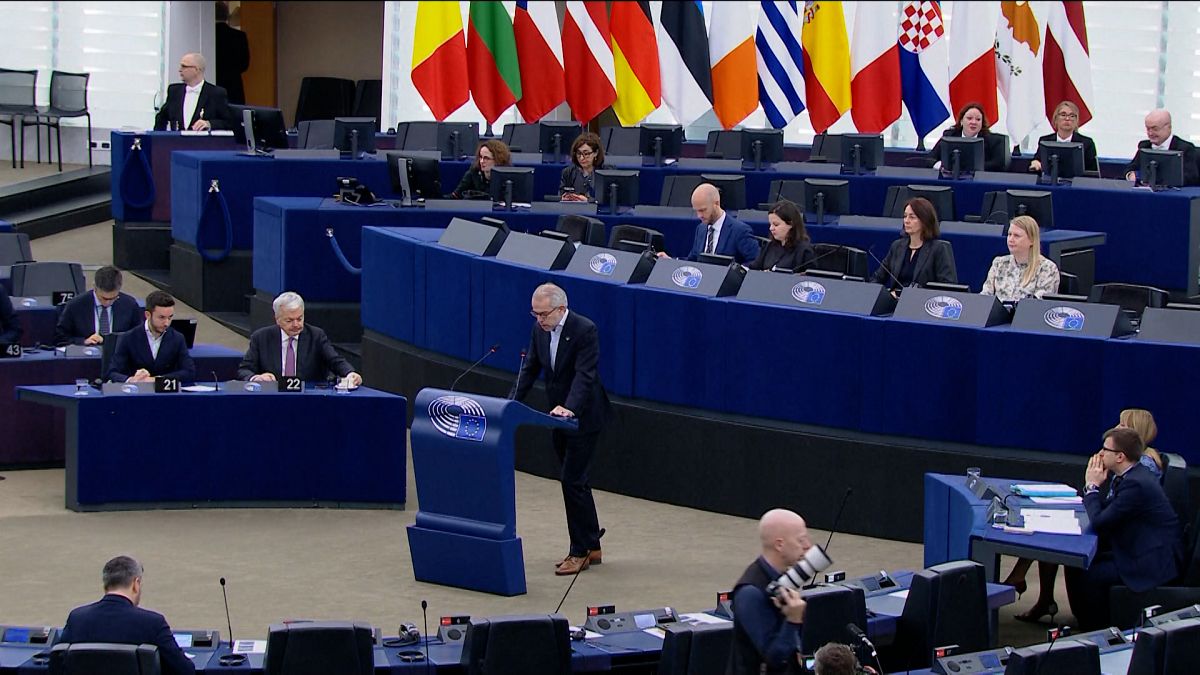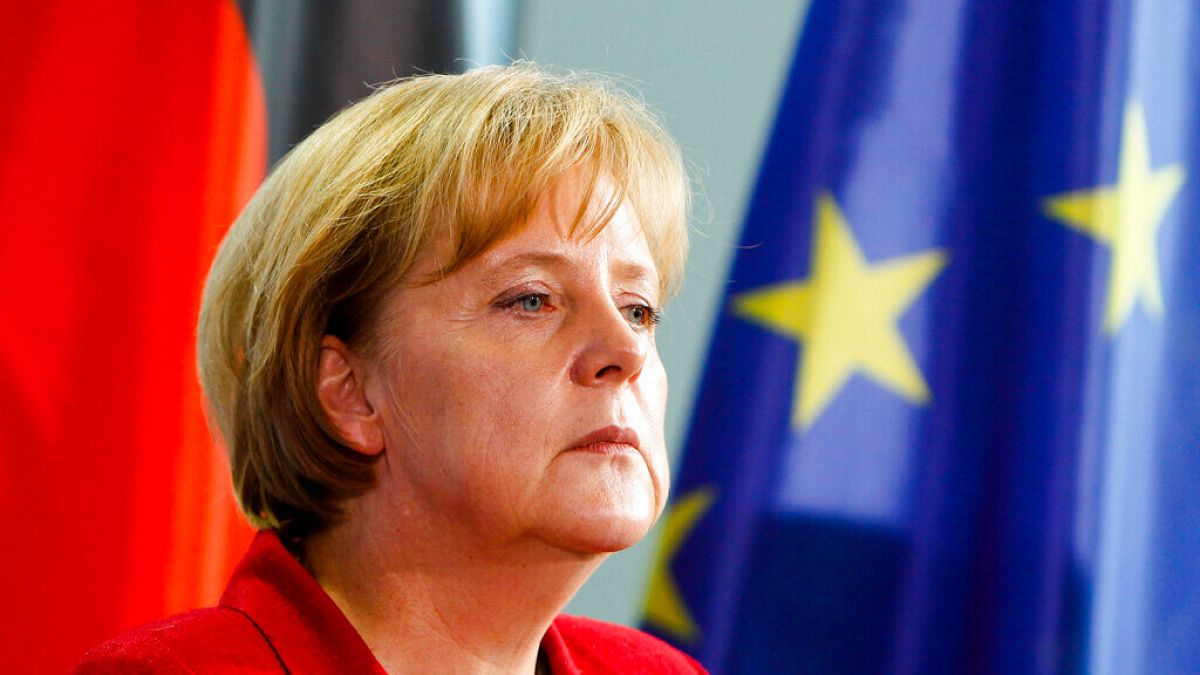Edmundo González arrived in Spain on Sunday after fleeing Venezuela on a Spanish army jet following a hotly contested presidential election, which several foreign governments believe he won.
Spain’s Prime Minister Pedro Sánchez said that Madrid would not recognise Venezuelan exiled opposition leader Edmundo González’s victory in disputed presidential elections held in late July, according to Spanish media.
However, Spain would work with Brussels to find a solution by the end of the year, Sánchez added.
His comments came after the Spanish parliament debated whether Spain should recognise González as the legitimate winner of the Venezuelan presidential election over incumbent President Nicolás Maduro.
González arrived in Spain on Sunday as part of a negotiated deal with Maduro’s government, who said on his arrival that his departure from Caracas “was surrounded by acts of pressure, coercion and threats” from Maduro’s government.
Hundred gathered outside the parliament in Madrid to support the proposal to recognise González’s victory, which was put forward by the conservative People’s Party (PP) and supported by multiple opposition lawmakers.
On a visit to China this week, Sánchez said that Madrid would stick to its current position, which is demanding the release of detailed electoral records in the presence of an EU mediator.
He added that until a winner was found, Spain would not recognise either Maduro or González as the winner of the election.
As for González asylum in Spain, Sánchez said, “Asylum is nothing more than a gesture of humanity, of humanitarian commitment by Spanish society and the government to a person who unfortunately suffers persecution and repression.”
In the July presidential elections, González was a last-minute stand-in for opposition leader Maria Corina Machado, who was banned from running.
Previously unknown to most Venezuelans, he nonetheless rapidly galvanised the hopes of millions of Venezuelans desperate for change after a decade-long economic free fall.
While Maduro was declared the winner of the July vote, most Western governments, including Spain, have yet to recognise his victory and are instead demanding that authorities publish a breakdown of votes.
Meanwhile, tally sheets collected by opposition volunteers from over two-thirds of the electronic voting machines indicate that González won by a more than two-to-one margin.
In previous presidential elections, the National Electoral Council published online the results of each of the more than 30,000 voting machines, but the Maduro-controlled panel did not release any data this time, blaming an alleged opponent-organised cyberattack from North Macedonia.







